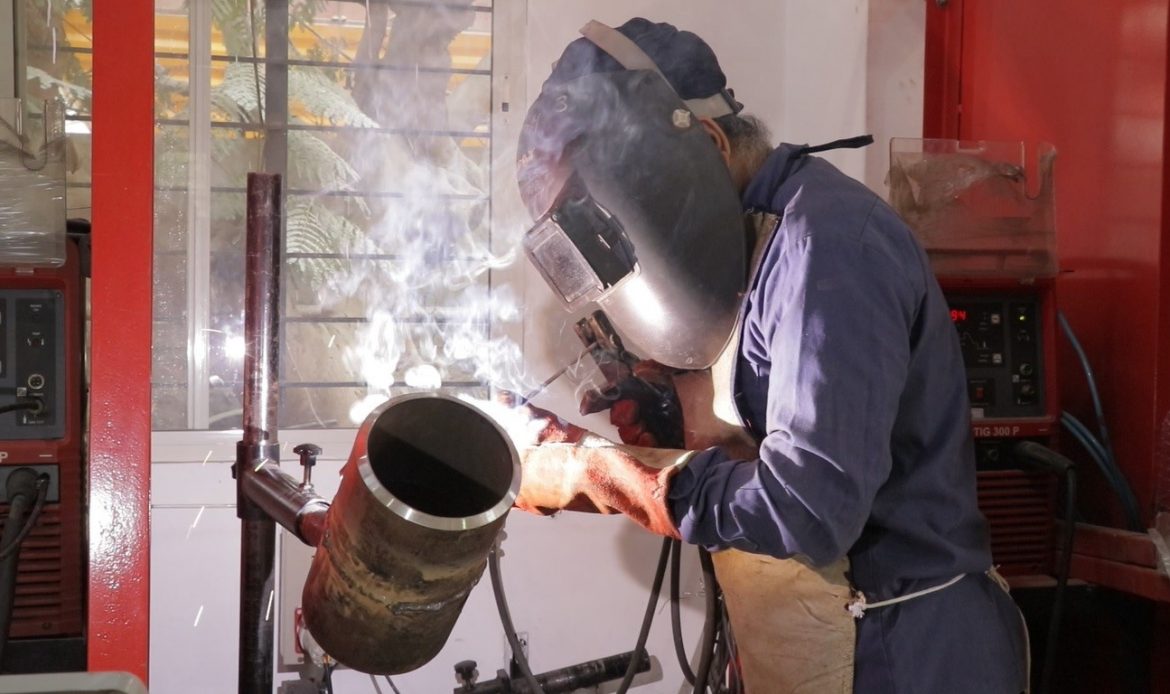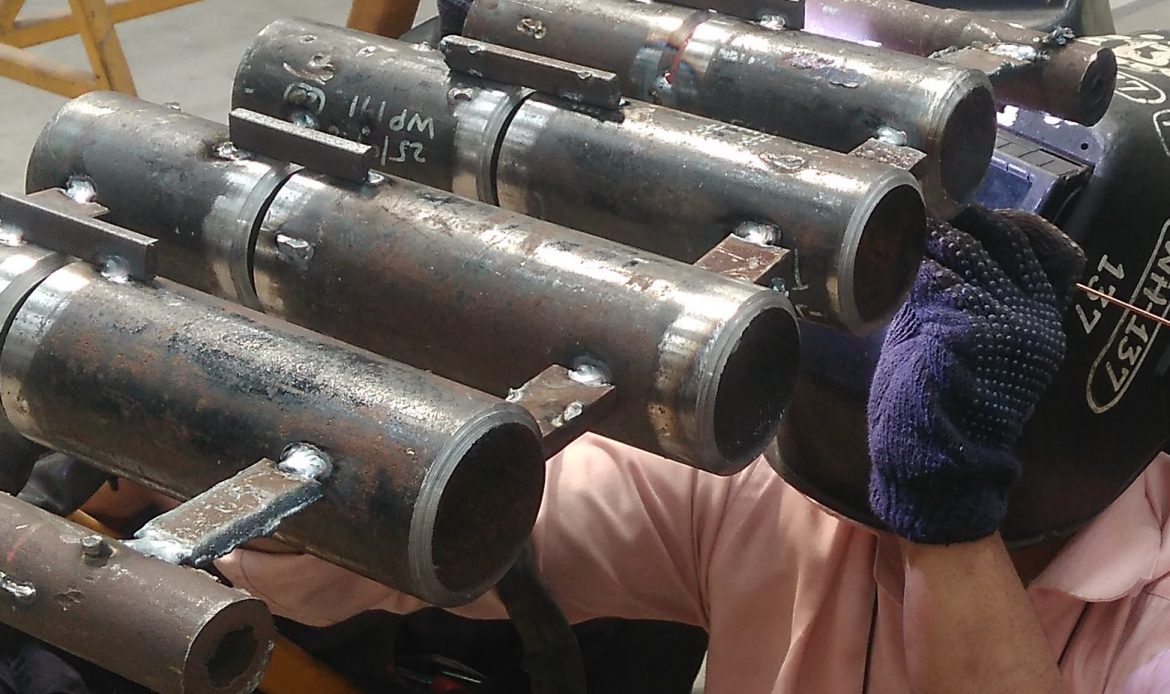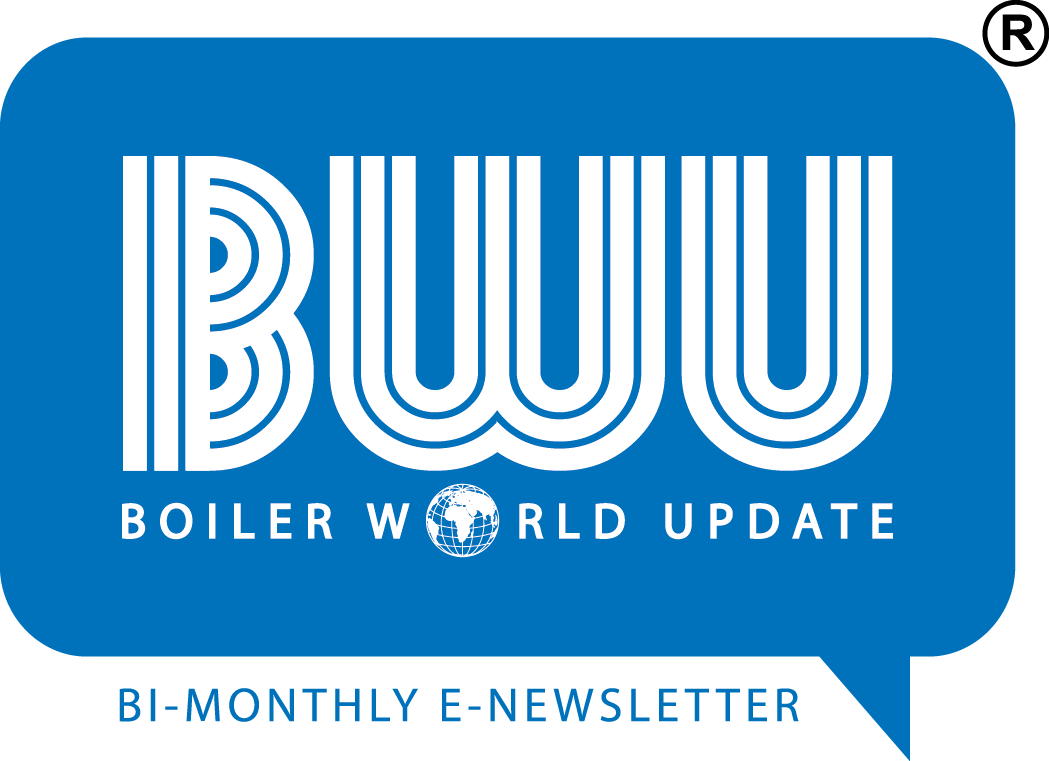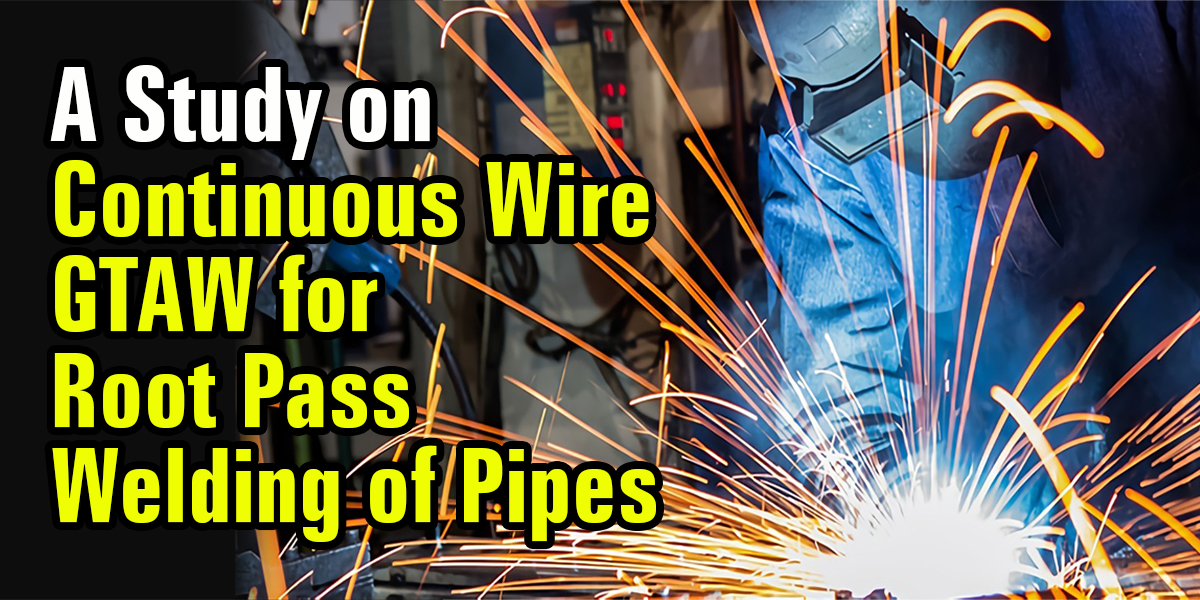Introduction
The science of welding is multi-disciplinary comprising of materials and their microstructures, chemistry, physics, metallurgy, mechanics and heat transfer etc. Therefore, it has remained a niche in the domain of technology and academics. It has, however, been recognized as a critical and essential skill in metal formation and equipped with practice codes, standards and necessary third-party auditors to ensure safety and reliability under operating conditions including the very hazardous ones.

Welding skills are required across a diverse set of industries: transport, comprising of auto, railways and airways; energy, comprising of thermal, hydro, oil and gas – both in upstream and downstream related industries, capital equipment manufacture, mining and construction, steel & iron and space exploration.
Welding activity is also at the core of infrastructure-related projects: power plants; roads, bridges and urban infrastructure; maritime infrastructure, including ports and shipbuilding; mineral mining and transportation to consumption centres; transportation network – surface, water and air, etc.
It is estimated that the current welding workforce employed in India is of the order of about 800,000 and that the projected requirement to meet the infrastructure build-up plans and manufacturing growth targets over the next ten years is likely to be of the order of 1.5-2 million.
This apart, the workforce with welding skills will continue to be in great demand in developing economies in Africa, South-East Asia, and all of India’s neighbours. Therefore, this is a potential area to gainfully harness the emerging young workforce. The welding career also promises rich dividends. Given the expanse of its application over diverse materials, complex structures, difficult geographic environments and increased levels of mechanization, there are opportunities for upward mobility through the acquisition of higher multi-graded skills. The welding process lays great emphasis on welder skill and will continue to value the welder in the highest bracket of the value-chain of welding practice/production. Therefore, skilled welders/technicians in the field of welding will continue to be handsomely rewarded with compensation packages superior to many other trades.
The Ador Welding Training Division is dedicated to the cause of developing the welding domain as a strong cog in the wheel of manufacturing and ISO 9001:2015 certified for our Quality Management Systems. It has progressively extended its knowledge and expertise to cover specialization by catering to the most stringent and sophisticated demands of the industry. Over the years, we have trained thousands of engineers, technicians and welders at our training division. We have trained over a hundred women welders who are now gainfully employed. The facility for training is most modern and can train candidates on all welding processes like GMAW, FCAW, SMAW, SAW, GTAW, TIP-TIG, Spot Welding. Our testing laboratory at Pune has been approved by NABL, which makes us perhaps the only welding company to have such recognition.
Welding is a critical activity in the manufacturing process; the skill for good welding is not easy to acquire. Yet, shop managers either outsource welded production or are continually grappling with the issues of reliable welder availability. The ITIs, which probably train the largest number of welders, are handicapped by inadequate infrastructure and below-average candidates that these courses at ITI are enrolled with. The apprentice schemes by the corporate sector for the ITI pass-outs as welders could do with a more focused curriculum that will serve the production needs more competently. In the recent past, though, quite some work is being done at improving the fresh welder competence – especially through the PPP route where corporates have adopted ITIs to have their curriculum made more relevant to employment competencies. This note seeks to suggest ways and means to strengthen this move towards creating welders with better employment potential and at lower costs.
There are two broad service lines that we will address:
- The pre-service line – addresses the need for fresh welders and how these can be created in a cost-effective way.
- The in-service line – addresses the need to continually upgrade the skills of welders to new levels of manufacturing excellence benchmarks and also create career-growth inspired motivation levels for the welders already working in the shop.

The catchment areas for fresh welders are either ITIs or school drop-outs. There are three parts to essentials of learning: English language and life sciences, related theory lessons on welding process that build the understanding of the skill requirements and hands-on practice for welding skills that will enable the production manager to meet his requirements at the basic level. The general problems faced in providing a good level delivery for these three parts are:
- A congenial classroom environment
- Availability of competent trainers/teachers
- Availability of quality course curriculum and pedagogy
- A reliable assessment process for candidates learning level
At the Ador Welding Training Division, we have adopted the following procedure to provide corporates with solutions to all these problems by designing training curriculums for pre-service as well as in-service groups of students:
- Based on the assessed needs of the production manager, a suitable course curriculum is developed by our team of curriculum and Pedagogy.
- Learner-centric course material is developed and provided. Mentors are assigned to support queries from candidates.
- These self-learning delivery modules, online webinars undertaken by respective candidates have several features that ensure effective delivery of learning.
The main provisions and requirements related to boiler welding are broadly covered in a general sense, through the comprehensive training program from Ador Welding Training Division:
- Basic and advanced boiler quality high-pressure welding
- Pressure welder’s qualification tests
- Welding of pressure piping
- Certification course for welding inspectors
- Refresher course in welding for designers
- 6G pipe welder training and certification
- Saw welding operator’s qualifications
- Welding procedure qualification and welder’s qualification
Ador Welding Training Division will be pleased to discuss and explore opportunities with the corporate for valuable contribution to this very critical mission of skill development for the accelerated growth of the manufacturing sector.
Ador Welding Training Division, Pune


